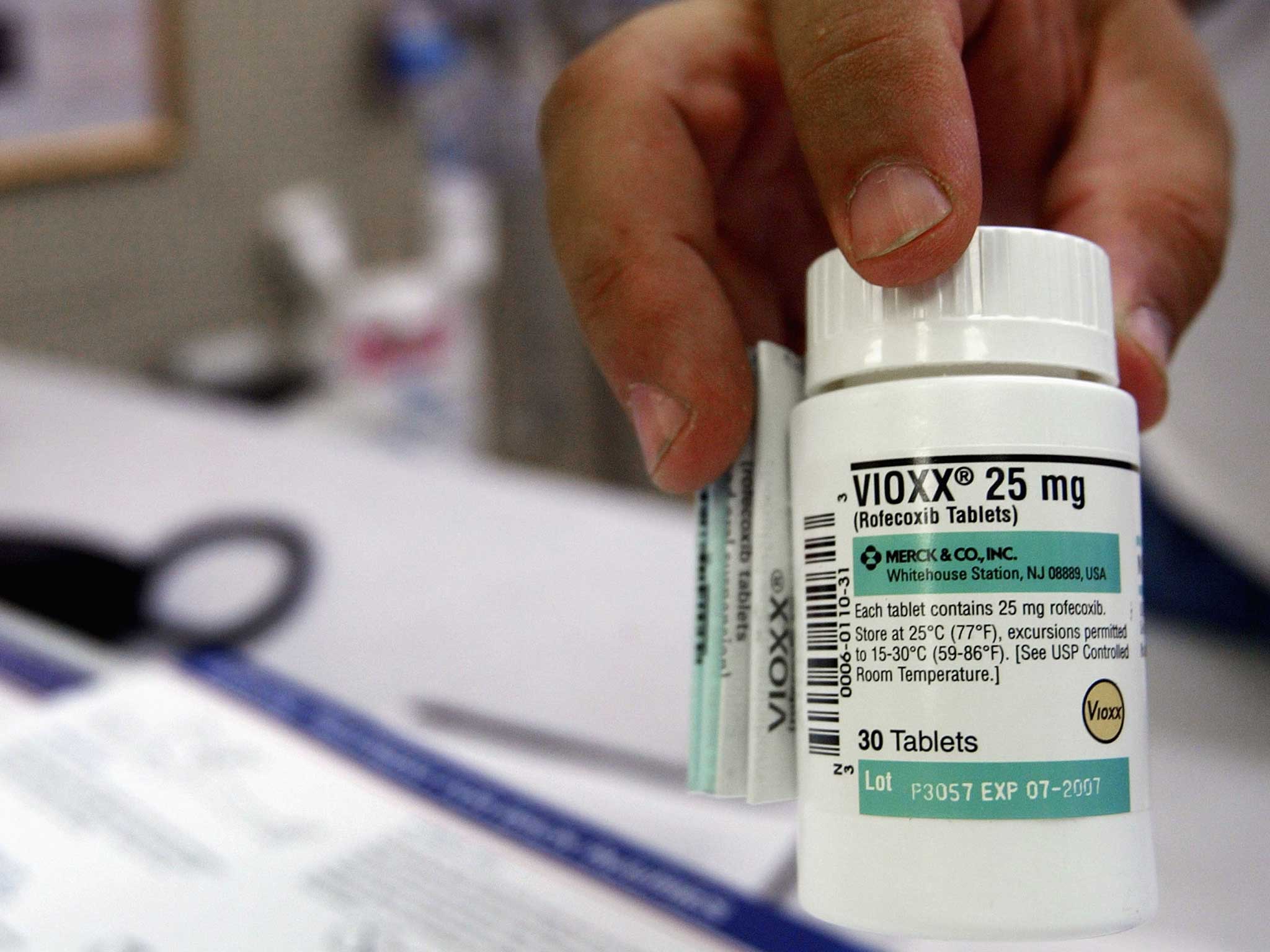'Faulty' DNA discovery could point to cure for arthritis

Scientists have identified DNA associated with an increased risk of rheumatoid arthritis, holding out hope of a new treatment or even a cure.
The researchers found 42 “faulty” areas of DNA by comparing arthritis patients to people without the disease.
The work, published in the journal Nature, is the largest genetic study ever carried out, involving nearly 30,000 patients, BBC News reported.
Lead researcher Professor Robert Plenge, of Harvard Medical School, said: “What this offers in the future is an opportunity to use genetics to discover new medicines for complex diseases like rheumatoid arthritis to treat or even cure the disease.”
The team discovered that an existing drug could treat a weakness that was produced by one of the faulty areas.
Some scientists believe that “silencing” areas of faulty genetic materials - known as single nucleotide polymorphisms (SNPs) – is unlikely to lead to effective treatments.
But Professor Plenge said their research had shown the method was viable.
“It offers tremendous potential. This approach could be used to identify drug targets for complex diseases, not just rheumatoid arthritis, but diabetes, Alzheimer's and coronary heart disease,” he said.
The study discovered that SNPs in the rheumatoid arthritis patients were also found in patients with types of blood cancer.
Professor Jane Worthington, director of the centre for genetics in Manchester, told the BBC that this suggested cancer drugs might also work on rheumatoid arthritis.
“There are already therapies that have been designed in the cancer field that might open up new opportunities for retargeting drugs,” she said.
“It might allow us a straightforward way to add therapies we have to treat patients with rheumatoid arthritis.”
Join our commenting forum
Join thought-provoking conversations, follow other Independent readers and see their replies
Comments
Bookmark popover
Removed from bookmarks